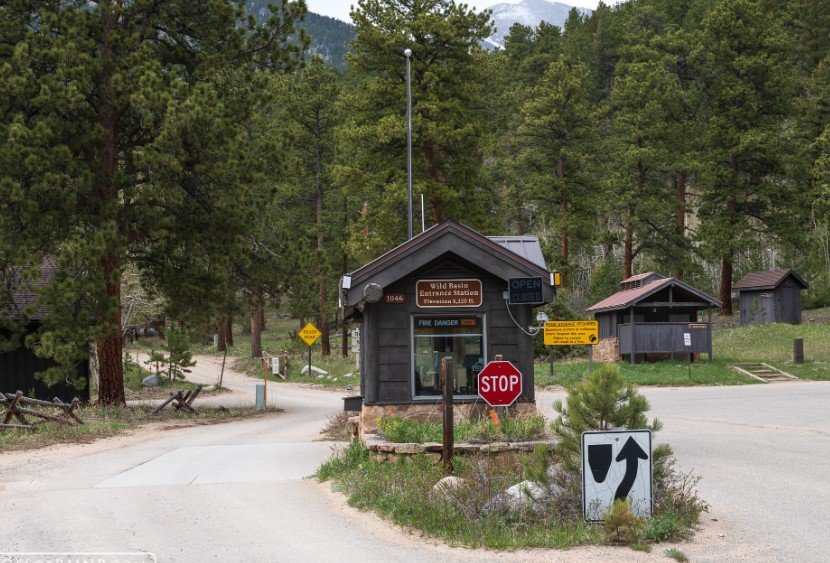The Georgia Board of Natural Resources approved a major fee increase for state parks on October 28, 2025, marking the first change in parking costs since 2009. This move doubles daily parking fees and raises annual passes, with potential surge pricing for campsites, cabins, yurts, and golf courses on the horizon for next year.
Details of the Parking Fee Changes
Visitors to Georgia state parks will soon pay more to park their vehicles. The daily fee jumps from five dollars to ten dollars per vehicle, while the annual pass rises from fifty dollars to seventy dollars. These changes take effect in January 2026 and aim to cover growing maintenance needs.
Veterans face similar increases. Their daily pass goes from three dollars and seventy five cents to seven dollars and fifty cents. The annual option for them moves from thirty seven dollars and fifty cents to fifty two dollars and fifty cents. Officials say this adjustment reflects inflation over the past sixteen years.

The board voted unanimously on the plan during a meeting in Atlanta. No public opposition stopped the approval, though some groups raised concerns about access for low income families.
| Fee Type | Old Price | New Price | Effective Date |
|---|---|---|---|
| Daily Parking (Standard) | $5 | $10 | January 2026 |
| Annual Parking (Standard) | $50 | $70 | January 2026 |
| Daily Parking (Veterans) | $3.75 | $7.50 | January 2026 |
| Annual Parking (Veterans) | $37.50 | $52.50 | January 2026 |
Reasons for the Price Hikes
Rising costs for upkeep and repairs drive these changes. The Department of Natural Resources points to inflation since 2009, when fees last increased. Maintenance backlogs have grown, with items like trail repairs and facility updates needing more funds.
Park officials note that parking passes provide the main revenue for these efforts. New projects, such as visitor centers, add to expenses. Without extra income, they argue, parks could face closures or reduced services.
Experts highlight how costs for materials and labor have surged. For example, construction expenses in Georgia rose about forty percent in recent years, based on state economic reports. This mirrors trends in other public lands across the nation.
The agency also eyes broader revenue strategies. Surge pricing could adjust rates based on demand, similar to systems in national parks like Yellowstone.
Impact on Park Visitors and Communities
Higher fees might deter some families from visiting. Advocates worry about barriers for low income groups, including military members. Many service personnel in Georgia earn under thirty three thousand dollars yearly, making even small increases a burden.
Parks draw millions of visitors each year, boosting local economies. In 2024, state parks generated over one billion dollars in economic impact through tourism. Fee hikes could shift visitor patterns, with some opting for free alternatives like national forests.
On the positive side, better funding means improved amenities. Visitors might see cleaner facilities and more programs, enhancing their experience over time.
Recent surveys show mixed feelings. About sixty percent of Georgians support modest increases if they lead to better parks, according to a 2025 poll by a local conservation group.
Alternatives to Avoid New Fees
Georgians can dodge parking costs through public libraries. Many locations loan out park passes for free, letting users borrow them like books. The statewide system offers over one thousand passes, available for request online.
- Check your local library for availability, such as in Chatham or Effingham counties.
- Use inter library loans to get passes from other areas.
- Plan ahead, as popular passes often have waitlists during peak seasons.
Veterans and active duty military might benefit from proposed laws. A bill to waive fees for them stalled this year but could return in 2026. States like Alabama already offer free entry, setting a model for Georgia.
Potential Surge Pricing and Future Plans
Beyond parking, the agency considers dynamic pricing for other services. Campsites, cabins, yurts, and golf courses might see rates vary by season or demand, starting next year. No board vote is needed for these, giving leaders flexibility.
This approach follows models in private sectors, like hotels or airlines. High demand weekends could cost more, while off peak times stay lower. Officials have no set timeline yet but aim to boost revenue without broad increases.
Critics argue this could make parks less accessible. Supporters say it ensures sustainability amid growing visitor numbers, which hit record highs in 2025.
Public Reaction and Broader Context
Reactions vary across the state. Environmental groups like the Sierra Club push back, calling for other funding sources instead of user fees. They stress health benefits of outdoor access and urge studies on its positive effects.
Social media buzzes with opinions. Some users lament the end of affordable outings, while others accept the need for updates. This echoes fee debates in other states, like Michigan’s recent camping rate adjustments.
In a time of economic uncertainty, these changes highlight tensions between preservation and affordability. As parks face climate challenges, like increased storm damage, sustainable funding becomes crucial.
What do you think about these fee increases? Share your thoughts in the comments and pass this article along to friends who love Georgia’s outdoors.
